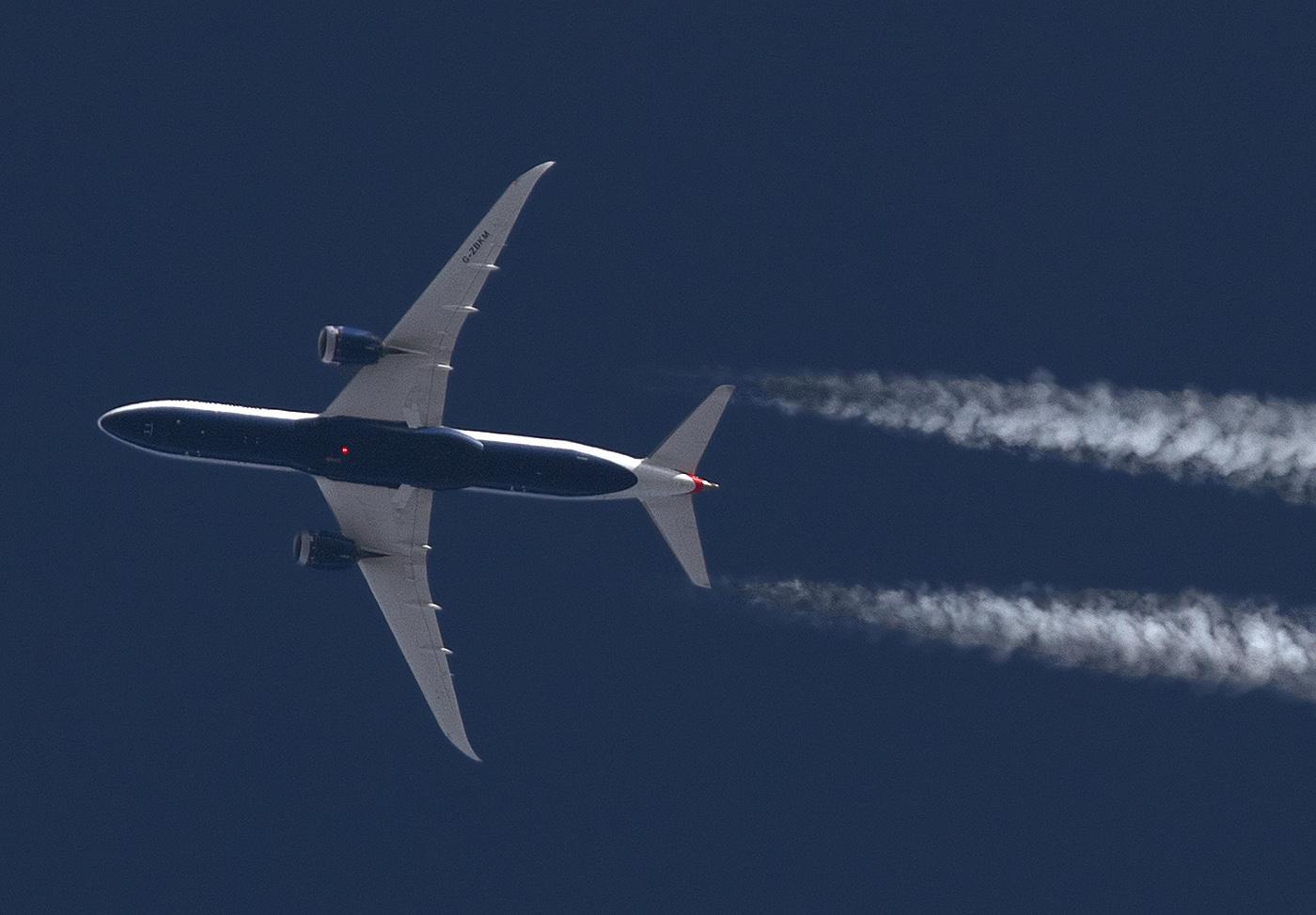
Plans to operate the first net zero transatlantic flight in 2023 have been welcomed by Airlines UK, with the trade body's CEO Tim Alderslade saying the initiative would help to support the development of a sustainable aviation fuel (SAF) industry in the UK.
On May 14, the UK government issued a challenge to the aviation sector to deliver a demonstrator transatlantic flight that would be powered by 100% SAF. Up to £1 million ($1.2 million) in funding will be made available to support the testing, research and personnel costs of the flight.
The competition will be open to all airlines operating nonstop UK-US routes, as well as wider aviation and fuel stakeholders across the SAF supply chain.
“This trailblazing net zero emissions flight, a world first, will demonstrate the vital role that sustainable aviation fuel can play in decarbonizing aviation in line with our ambitious net zero targets,” UK Transport Secretary Grant Shapps said.
Airlines UK CEO Tim Alderslade added the announcement would provide “additional momentum” towards decarbonizing the industry.
“We now need to turbocharge production in order to build the initial three SAF plants by 2025 and UK airlines have shown real commitment to making this happen with our partnerships with Phillips 66, Velocys and LanzaTech,” Alderslade said.
It is estimated the SAF industry in the UK could directly support up to 5,200 jobs, as well as 13,600 through global exports, generating an annual turnover as high as £2.3 billion by 2040.
Current jet fuel specifications do not allow flights to use 100% SAF, meaning SAF use needs to be complemented by additional decarbonization measures to be reach net zero.
However, the UK government said it was “committed to accelerating the testing and approval of 100% SAF to unlock the full decarbonization potential of this technology.”
It hopes the transatlantic flight competition will help to gather the data needed to support ongoing and future work to test and certify SAF, while exploring how engine efficiency improvements, flight optimization and greenhouse gas removals can contribute to achieving net-zero flights.
